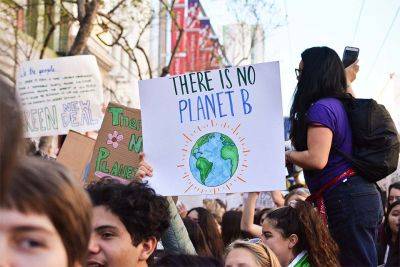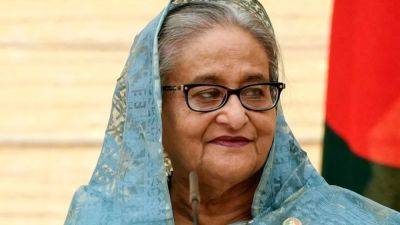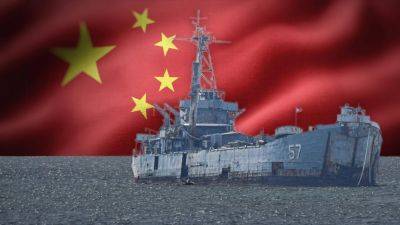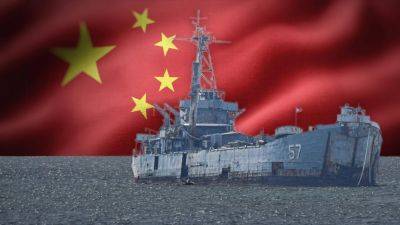Geopolitical dimensions of climate policy
July 29, 2024
MANILA – Starting in the 1990s, climate change has become a fixation for rich country politicians and elites. It emerged as the world had just seen the end of the Cold War. There was relative peace and trust across the world, broad economic growth, and swift progress against poverty. In the capitals of Europe in particular, it felt like most of the planet’s big problems were fixed, so climate change was the final frontier.
These proponents of climate action advocated the goal of ending reliance on the very fossil fuels that had powered two centuries of astonishing growth. Sure, this would cost hundreds of trillions of dollars, but there would always be more growth.
What a naïve, narrow-minded worldview. Time has not been kind to the foolish idea that climate change was humanity’s sole remaining problem—or that the planet would unite to solve it. Geopolitics and economics mean a rapid global transition from fossil fuels is impossible.
As has long been clear for many, the majority of the world never shared this myopic focus on climate change. Despite immense progress, in some countries, life remains a battle against poverty, hunger, and disease. In many more countries, the top priority is to create more jobs and life-changing growth and development. Outside the most advanced economies, climate change has understandably always been a relatively low voter priority.
Leaders from Europe and the United States talk up “net zero” as though it has global support. But this unity is quickly revealed as a mirage. For one thing, the destabilizing axis of Russia, Iran, and North Korea is not about to support Western efforts to solve climate change. Indeed, according to McKinsey, achieving the net-zero target would






